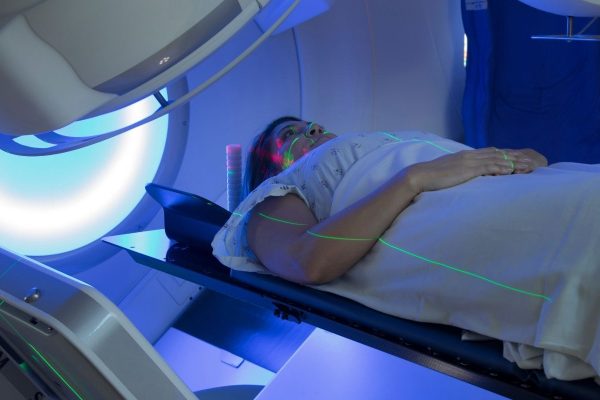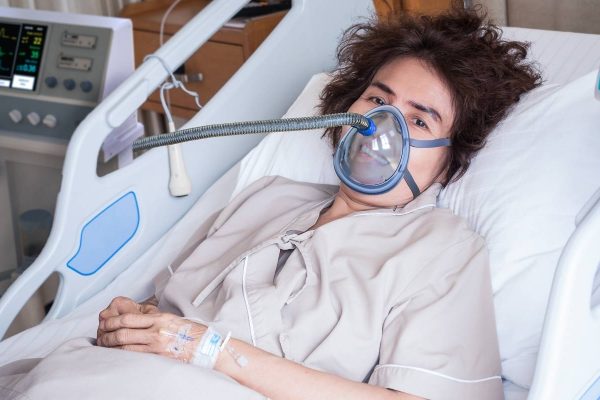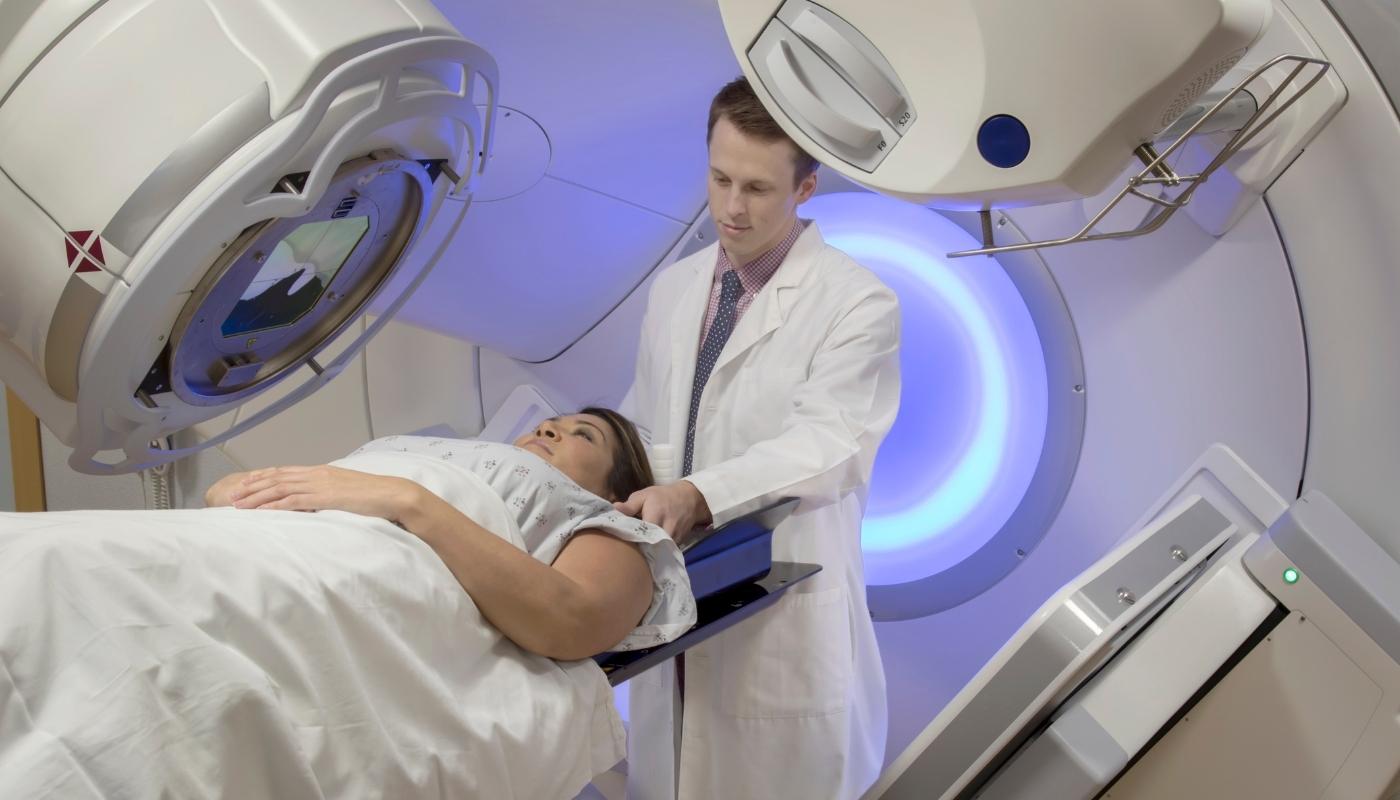- drranajitk@gmail.com
- 0 Comments
Breast cancer is undoubtedly one of the most common cancers globally, affecting approximately two million people each year. However, if detected early, steps can be ensured to treat it. Only in the last decade itself, treatment for breast cancer has evolved rapidly, providing more precise, effective and personalised care. Today, multiple innovations in the field of cancer surgery, chemotherapy, and radiation are helping achieve better outcomes and helping in growing the quality of life. SOme of them are:


- Smarter Chemotherapy or Targeted Chemotherapy: Today, the concept, “one size fits all” doesn’t apply for chemotherapy anymore. Multiple developments in the field of genomic testing, like Oncotype DX are helping doctors in predicting who will truly benefit from chemotherapy. Ultimately helping people in avoiding unnecessary treatments. Certain targeted therapies like HER2 inhibitors (trastuzumab and pertuzumab) attack cancer cells with laser-like precision, sparing healthy tissues and reducing side effects. In cases of triple negative breast cancer, immunotherapy is even making strides by activating the body’s own immune system to fight cancer.
- Lumpectomy or partial mastectomy, commonly called Breast conserving surgery (BCS), has today become standard for early stage cancers, sometimes combined with radiation. BCS today allows surgical removal of cancerous tissues while reshaping the breast for better cosmetic outcomes. Today, full axillary dissection has been replaced by a Sentinel lymph node biopsy, which helps in minimizing complications like lymphedema.
- Precision Radiation Therapy has today become faster and safer, wIth techniques like hypofractioned radiation, delivering higher doses over fewer sessions. In many cases post-op sessions have also been eliminated by Intraoperative radiation therapy (IORT) that delivers a one-time dose during surgery. Certain image guided & 3D-conformal radiation allows pinpoint accuracy, minimizing damage to the heart and the lungs.
Though treatments for breast cancers are increasingly based on molecular subtype, genetic markers and individual risk profiles, the future of breast cancer care lies in personalization. WIth rising AI intervention in the field of Oncology or cancer treatment, treatment planning and early detection only gets sharper day by day.
To conclude, we can say, breast cancer today is all about doing more with less – less toxicity, fewer side effects, and more tailored and patient centered treatment approaches, resulting in better outcomes and improved quality of life.
